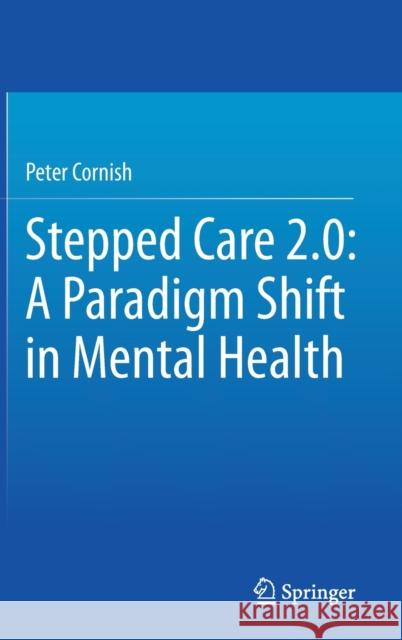Stepped Care 2.0: A Paradigm Shift in Mental Health » książka
topmenu
Stepped Care 2.0: A Paradigm Shift in Mental Health
ISBN-13: 9783030480547 / Angielski / Twarda / 2020 / 137 str.
Stepped Care 2.0: A Paradigm Shift in Mental Health
ISBN-13: 9783030480547 / Angielski / Twarda / 2020 / 137 str.
cena 342,95
(netto: 326,62 VAT: 5%)
Najniższa cena z 30 dni: 327,68
(netto: 326,62 VAT: 5%)
Najniższa cena z 30 dni: 327,68
Termin realizacji zamówienia:
ok. 22 dni roboczych
Dostawa w 2026 r.
ok. 22 dni roboczych
Dostawa w 2026 r.
Darmowa dostawa!
Kategorie:
Kategorie BISAC:
Wydawca:
Springer
Język:
Angielski
ISBN-13:
9783030480547
Rok wydania:
2020
Wydanie:
2020
Ilość stron:
137
Waga:
0.40 kg
Wymiary:
23.39 x 15.6 x 1.12
Oprawa:
Twarda
Wolumenów:
01
Dodatkowe informacje:
Wydanie ilustrowane











